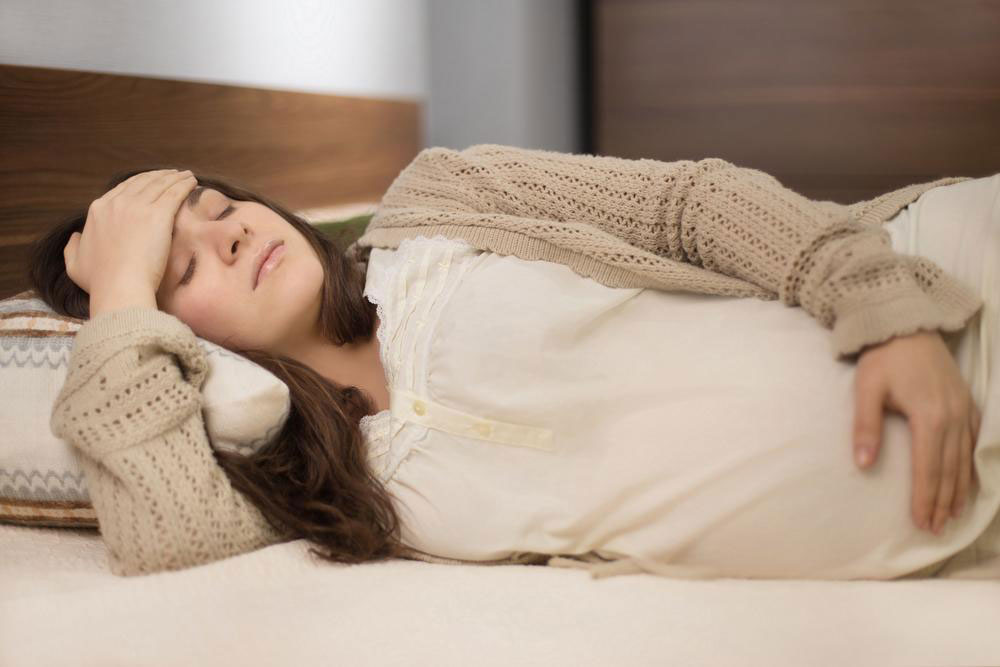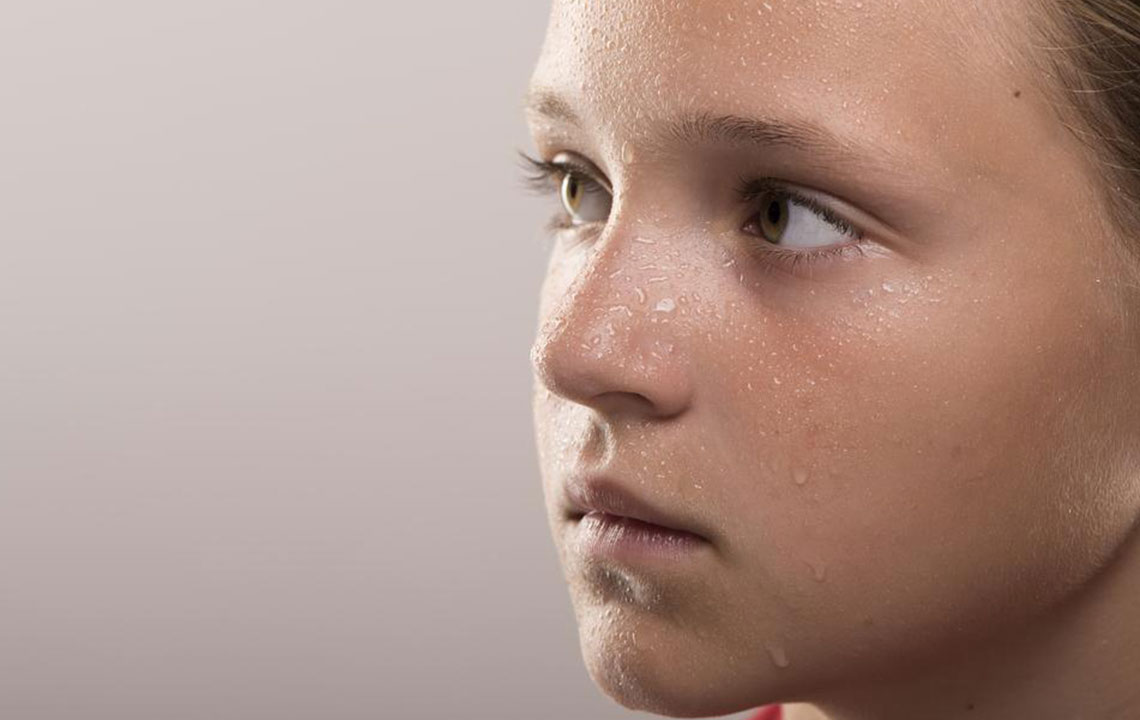Debunking Common Myths About Women's Health
This article dispels common myths about women's health, including misconceptions about menopause weight gain, dieting, sleep needs, and libido changes. It emphasizes the importance of accurate information for women’s well-being, encouraging healthy lifestyle choices and correct understanding of aging processes. Clear explanations help women navigate health challenges confidently, promoting informed decisions for overall wellness.

Debunking Common Myths About Women's Health
In today's digital age, widespread media influence often spreads false information, making it challenging to distinguish trustworthy health facts from myths. Misinformation regarding women's health can lead to confusion and unnecessary health concerns.
Below are several prevalent myths about women's health clarified for better understanding:
Myth about weight gain during menopause: Gaining weight during menopause is a natural part of aging for many women and should not be a source of worry. It’s a temporary change, not a permanent condition, and can often be managed through healthy lifestyle choices.
Myth suggests weight gain during menopause is unavoidable, but it’s a normal phase that can be addressed with proper care.
Many believe low-fat and low-calorie diets are effective for weight control. However, this is only a temporary solution, and maintaining a balanced diet with adequate calories and healthy fats is essential for overall health and proper body functions. Metabolism varies among individuals—some have a higher rate and remain at a stable weight despite calorie intake.
Another misconception is that women need less sleep as they age. In reality, both men and women require around eight hours of quality sleep. Older women may find it more difficult to achieve deep sleep phases, but consistent, restful sleep remains crucial.
Additionally, the myth that women’s sex drive declines significantly with age is inaccurate. Factors like hormonal shifts or menopause can influence libido, but aging alone does not necessarily decrease sexual desire, and many women maintain a healthy sex life well into later years.
Disclaimer: This blog provides practical health insights based on research but should not be regarded as conclusive medical advice. Always consult healthcare professionals for specific concerns. The website is not responsible for data discrepancies or missed offers.










